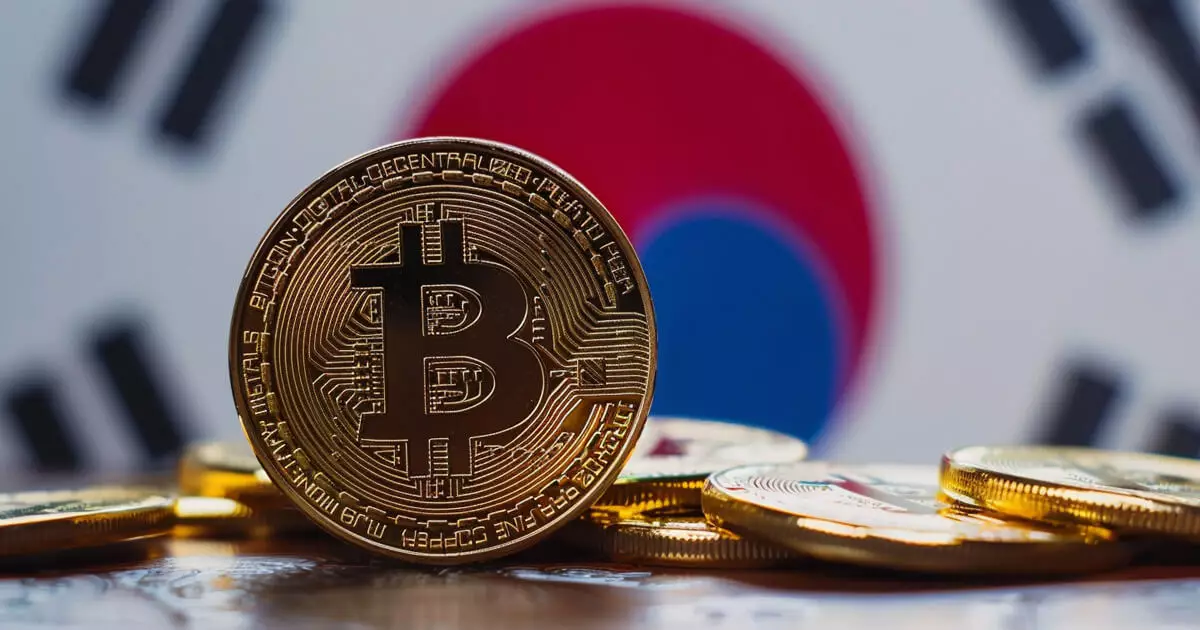On October 10, 2023, South Korea’s Financial Services Commission (FSC) made a significant announcement regarding the establishment of a Virtual Asset Committee. This initiative is part of a broader effort to regulate the digital currency landscape in South Korea, focusing particularly on the controversial issue of spot crypto exchange-traded funds (ETFs). The committee will serve as an advisory entity, led by Vice Chairman Soyoung Kim. It comprises representatives from various government agencies alongside nine private sector members, aiming to provide a holistic approach to the complexities of the crypto market.
The economic viability and security of South Korea’s digital asset sector are at the forefront of this initiative. Currently, the Capital Markets Act prohibits the approval of Bitcoin and other cryptocurrency ETFs, as well as corporate accounts for trading digital assets. This ban is largely driven by concerns over anti-money laundering regulations, which have become a crucial focus for authorities aiming to curb illicit activities in the burgeoning crypto space. The newly formed committee will not only address the approval of crypto ETFs but also tackle key regulatory challenges, including the authorization of corporate crypto accounts.
Alongside the Virtual Asset Committee, the FSC unveiled the Digital Asset User Protection Foundation. This non-profit organization is intended to act as a safety net for users seeking to reclaim their assets following the sudden closure of crypto service providers. This announcement indicates a proactive stance towards user security, ensuring that the interests of investors are safeguarded amidst rising uncertainties in the digital asset market.
Looking Ahead: Regulatory Revisions and Monitoring
As part of its commitment to enhancing the regulatory framework, the FSC is also engaged in reviewing renewal applications for digital asset service providers. With several registrations set to expire by October 2024, the board’s diligence demonstrates a clear intention to ensure that only compliant organizations remain operational. Chairman Kim Byung-hwan emphasized the agency’s dedication to creating comprehensive monitoring systems as new laws protecting virtual asset users take effect. To bolster confidence in the market, the FSC aims to investigate vulnerabilities in trading oversight while implementing strict measures against unfair trading practices.
The Kimchi Premium and Its Implications
One potential outcome of the approval of spot Bitcoin ETFs could be the reduction of the so-called “Kimchi premium,” a term that describes the phenomenon where cryptocurrency prices in South Korea exceed those in global markets. This disparity often arises from heightened demand for digital currencies within South Korea. CryptoQuant CEO Ki Young Ju highlighted that permitting spot Bitcoin ETFs would facilitate market arbitrage, providing opportunities for mutual funds and market makers, thereby leveling prices across regions. Notably, market analysis by firms like Chainalysis signifies that the Kimchi premium can act as a crucial indicator for traders, fluctuating in response to market dynamics and regulatory developments.
South Korea’s new initiatives signify a pivotal shift in embracing cryptocurrency while addressing critical regulatory concerns. These actions aim to establish a framework that fosters growth while safeguarding user interests, ultimately positioning South Korea as a leader in crypto regulation.















